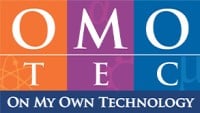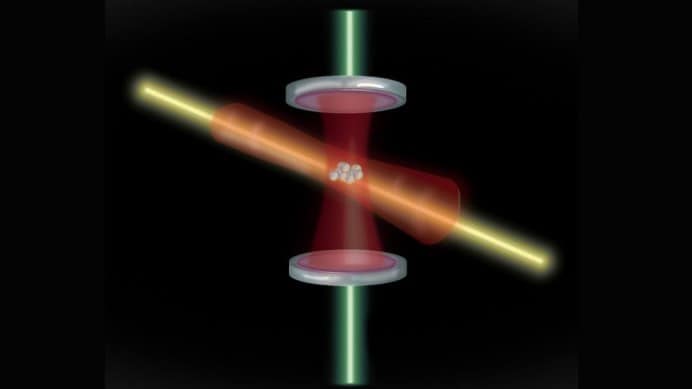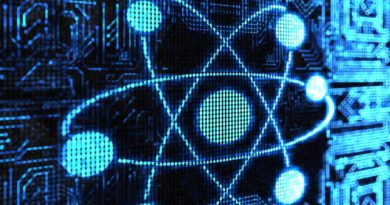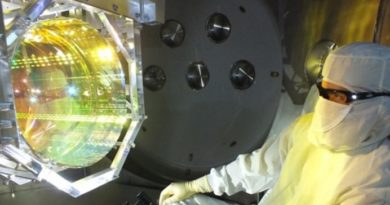Quantum-Entangled Atomic Clock Could Be World’s Most Accurate Timekeeper
Atomic clocks are the most accurate timekeepers known in existence, the best of which can keep time to within one second for 15 billion years.
However, one group of researchers from MIT decided this tiny fluctuation over 15 billion years isn’t quite good enough: in a new paper published in Nature, they demonstrated an even more accurate quantum-entangled atomic clock.
Atomic clocks use lasers to measure oscillations in atoms — and the incredible reliability of these vibrations makes atomic clocks extremely accurate.
Quantum clocks typically track a gas made of thousands of the same type of atom — usually cesium. These atoms are cooled almost to absolute zero and are suspended in place via laser. Then, another laser is used to measure the tiny oscillations of the atoms. In taking the average reading of many atoms, the atomic clock can achieve an even more accurate reading.
The MIT team also said how, if state-of-the-art atomic clocks were adapted to use their new method, their accuracy would fall out of synch by only 100 milliseconds — over the universe’s entire life.
Such powerful atomic clocks also open doors for new opportunities in scientific research: “as the universe ages, does the speed of light change?” said Vladan Vuletic, co-author of the study, in the MIT blog post. “Does the charge of the electron change? That’s what you can probe with more precise atomic clocks.”
As the years pass, advancements in quantum physics will continue to find new and revolutionary applications in modern technology — and while we typically think of computers and highly-theoretical experiments as most apt to change with the times, we’re baffled to learn how the way we measure time itself can change for the better.
Source:https://interestingengineering.com




